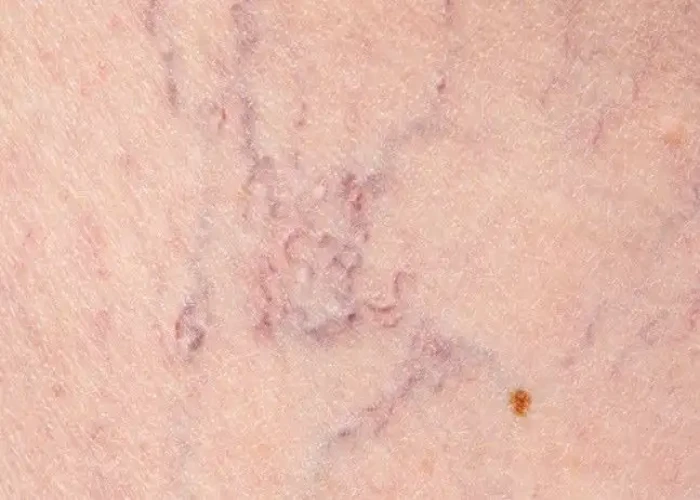 Welcome
Welcome
“May all be happy, may all be healed, may all be at peace and may no one ever suffer."
Small vessel disease
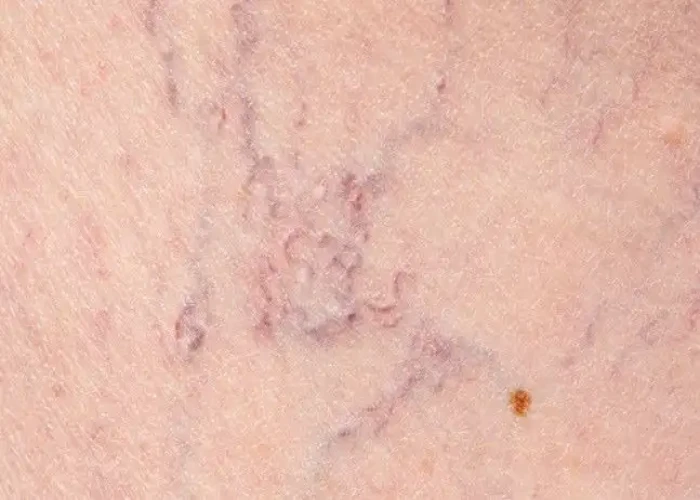
Small vessel disease (SVD) is a condition that affects the small arteries, arterioles, and capillaries in the brain and other organs. It is also known as cerebral small vessel disease when it specifically affects the small blood vessels in the brain.
The cause of small vessel disease is not fully understood, but it is thought to be related to various factors such as high blood pressure, diabetes, high cholesterol, smoking, aging, and genetic factors. The condition can lead to a range of symptoms, depending on which part of the brain is affected, including cognitive impairment, difficulty with movement and balance, stroke, and depression.
Treatment for small vessel disease is usually focused on managing the underlying risk factors and symptoms. This may include lifestyle changes such as regular exercise, a healthy diet, and quitting smoking, as well as medications to control blood pressure, cholesterol, and blood sugar levels. Physical therapy and speech therapy may also be recommended to help with movement and cognitive function.
Research Papers
Disease Signs and Symptoms
- Chest pain
- Heart pain (Angina)
- Shortness of breath (dyspnea)
- Fatigue (Tiredness)
- Decreased energy
- Chest pain, squeezing or discomfort (angina), which may worsen during daily activities and times of stress
Disease Causes
Small vessel disease
In coronary small vessel disease, the small arteries don't relax (dilate) as usual. As a result, the heart doesn't get enough oxygen-rich blood.
Experts think that the causes of small vessel disease are the same as the causes for diseases affecting the larger vessels of the heart, such as high blood pressure, high cholesterol, obesity and diabetes.
Disease Prevents
Small vessel disease
Things you can do that might reduce your risk of small vessel disease include:
- Don't smoke or use other tobacco products. If you smoke or use tobacco, stop. Talk to your health care provider if you have trouble quitting.
- Eat a heart-healthy diet. Choose a diet rich in whole grains, lean meat, low-fat dairy, and fruits and vegetables. Limit salt, sugar, alcohol, saturated fat and trans fats.
- Exercise regularly. Regular exercise helps improve heart muscle function and keeps blood flowing through the arteries. Aim for at least 150 minutes a week of moderate activity such as walking.
- Maintain a healthy weight. Excess weight strains the heart and can contribute to high cholesterol, high blood pressure and diabetes.
- Manage cholesterol. Ask your health care provider how often you should have your cholesterol numbers checked. If your bad cholesterol (low-density lipoprotein cholesterol) levels are high, your health care provider may prescribe changes to your diet and medications to help lower your cholesterol levels and protect your cardiovascular health.
- Control blood pressure. Ask your health care provider how frequently you should have your blood pressure measured. He or she might recommend more-frequent checks if you have high blood pressure or a history of heart disease.
- Control blood sugar. Work with your health care provider to establish blood sugar goals that are right for you.
- Manage stress. Find ways to help reduce emotional stress. Getting more exercise, practicing mindfulness, listening to music and connecting with others in support groups are some ways to reduce stress.
Disease Treatments
The goals of treatment for small vessel disease are to control the narrowing of the small blood vessels that can lead to a heart attack and to relieve pain.
Medications for small vessel disease may include:
- Nitroglycerin (Nitrostat, Nitro-Dur). Nitroglycerin tablets, sprays and patches can ease chest pain by relaxing the coronary arteries and improving blood flow.
- Beta blockers. These drugs slow the heart rate and decrease blood pressure.
- Calcium channel blockers. These drugs relax the muscles around the coronary arteries and cause the blood vessels to open, increasing blood flow to the heart. Calcium channel blockers also help control high blood pressure and coronary artery spasms.
- Statins. These medications help lower bad cholesterol, which contributes to the narrowing of the arteries. Statins also help relax the blood vessels of the heart and treat blood vessel damage.
- ACE inhibitors and ARBs. Drugs called angiotensin-converting enzyme (ACE) inhibitors or angiotensin II receptor blockers (ARBs) help open blood vessels and lower blood pressure. This makes it easier for the heart to pump blood.
- Ranolazine (Ranexa). This medication eases chest pain by altering sodium and calcium levels.
- Aspirin. Aspirin can limit inflammation and prevent blood clots.
- Metformin. This drug is typically prescribed to lower blood sugar in people with diabetes, but it can improve blood vessel health even in those who don't have diabetes.
If you're diagnosed with small vessel disease, you'll need regular checkups with your health care provider.
Disease Diagnoses
Disease Allopathic Generics
Disease Ayurvedic Generics
Disease Homeopathic Generics
Disease yoga
Small vessel disease and Learn More about Diseases
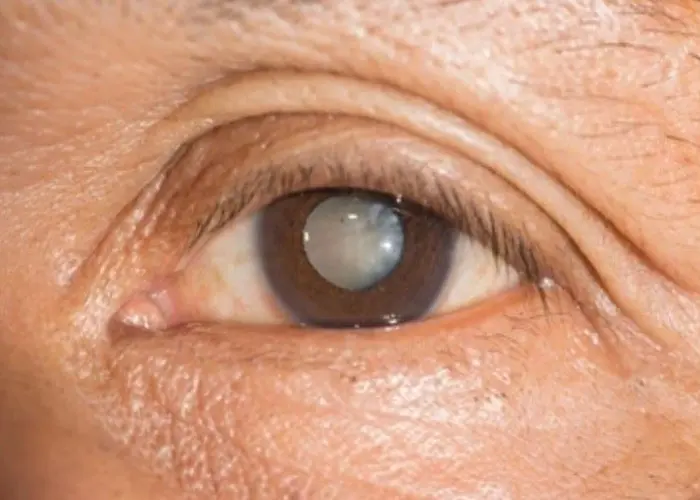
Cataracts

Type 1 diabetes

Head and neck cancers
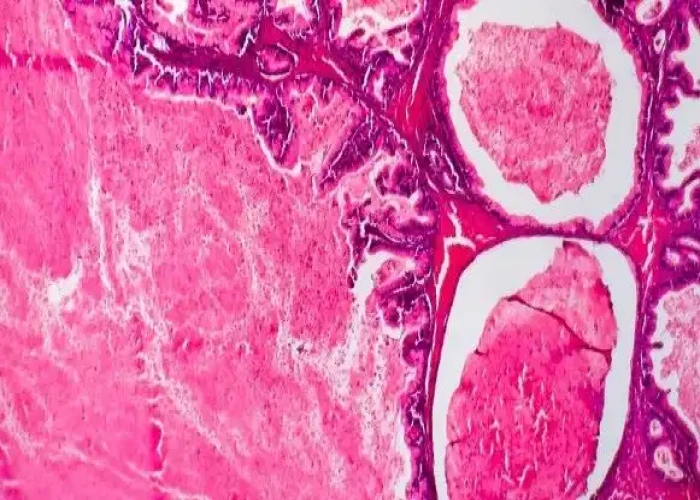
Undifferentiated pleomorphic sarcoma
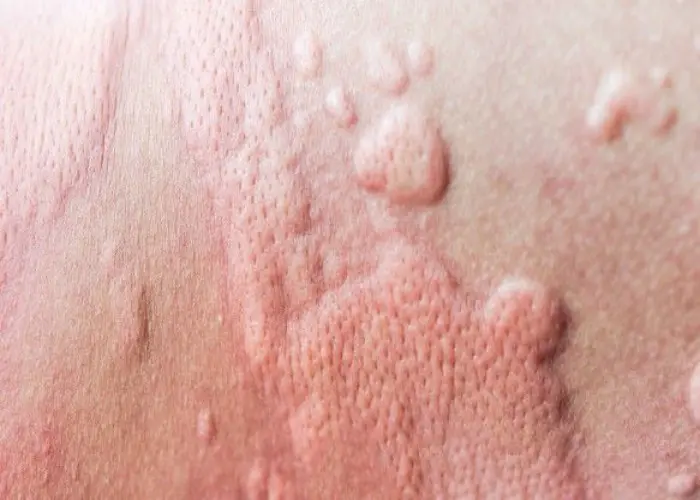
Hives and angioedema
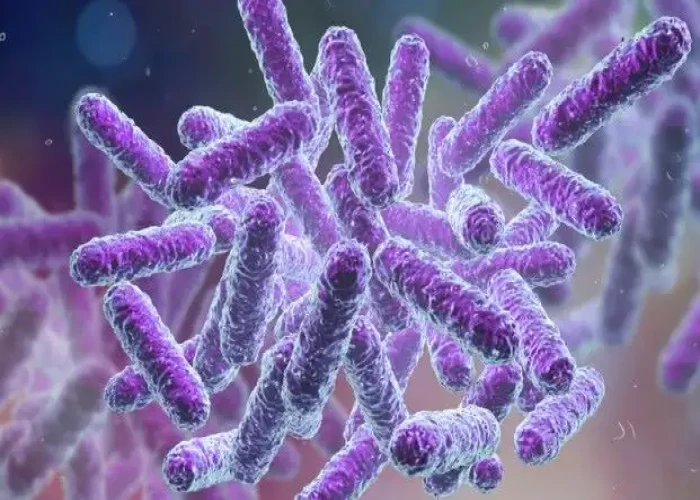
Shigella infection
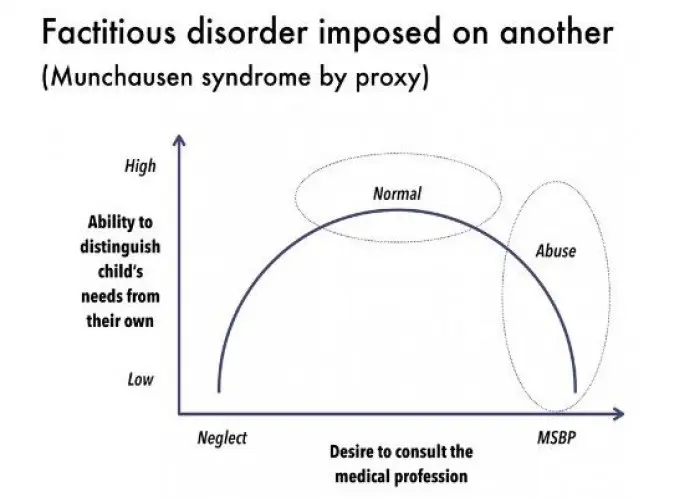
Factitious disorder

Small vessel disease
small vessel disease, স্মল ভেসেল ডিজিজ
To be happy, beautiful, healthy, wealthy, hale and long-lived stay with DM3S.
